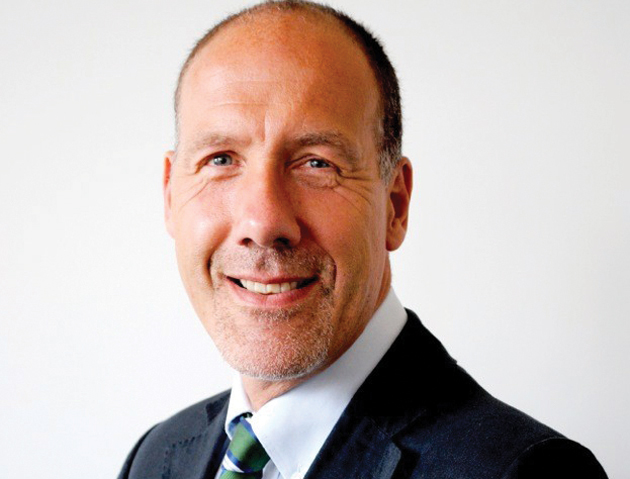Ofsted will not use information posted on social media by pupils and parents to identify schools in need of intervention, to the relief of opponents of the plans.
The approach was floated in the watchdog’s ‘Innovation and regulation plan’, published in March, but a spokesperson has now told Schools Week that the strategy “was not taken forward”.
Ofsted claimed at the time to be engaging with the Department for Education in a data science project to “explore the possibility of using near-realtime data and information from social media and other sources to predict and prevent decline in school performance”.
Experts however warned that data from platforms such as Facebook and Twitter is “unreliable”, and Russell Hobby, then general secretary of the National Association of Head Teachers, cautioned that because social media was not “audited or verified”, its use would “call into question [Ofsted’s] commitment to evidence-based practice”.
Comments made on social media can sometimes be misinformed and unfair
Although the proposal has been abandoned, Ofsted said it could potentially be picked up again in the future, as data science progresses.
“We did some preliminary scoping into the use of social media information last year but this was not taken forward and did not feed into informing our risk assessment arrangements,” a spokesperson said.
Ofsted intends to “keep under review developments in data science and the availability of big data to help us target inspection in a proportionate way”.
The move away has been welcomed. Geoff Barton, general secretary of the Association of School and College Leaders, told Schools Week that while social media is a useful way for a school to talk to parents about news and events, and respond to queries and concerns, his organisation does not see “any scope for using it to monitor a school from afar”.

“We are pleased that Ofsted is not taking forward that idea,” he said. “Comments made on social media can sometimes be misinformed and unfair, and it is difficult to see how they could be used to guide interventions in a way which is consistent and proportionate.”
Former inspector Colin Richards said the watchdog was “wise not to pursue this idea”, adding: “It would have been very contentious and very problematic to use data from social media in this way.”
“I would have been very, very wary of Ofsted using it in any substantive fashion to try to form an opinion or to monitor schools,” said Mark Lehain, director of the Parents and Teachers for Excellence campaign and former head of Bedford Free School.
“They would have had to do so much work trawling through the data, trying to take into account the kind of school, the context of the school, the make-up of the parental community.”
Lehain said time spent on analysing and filtering social media could be better used speaking to people in the local area, such as estate agents or shopkeepers.
“That often tells you more about how schools are doing than what you see on Twitter,“ he said.







Your thoughts